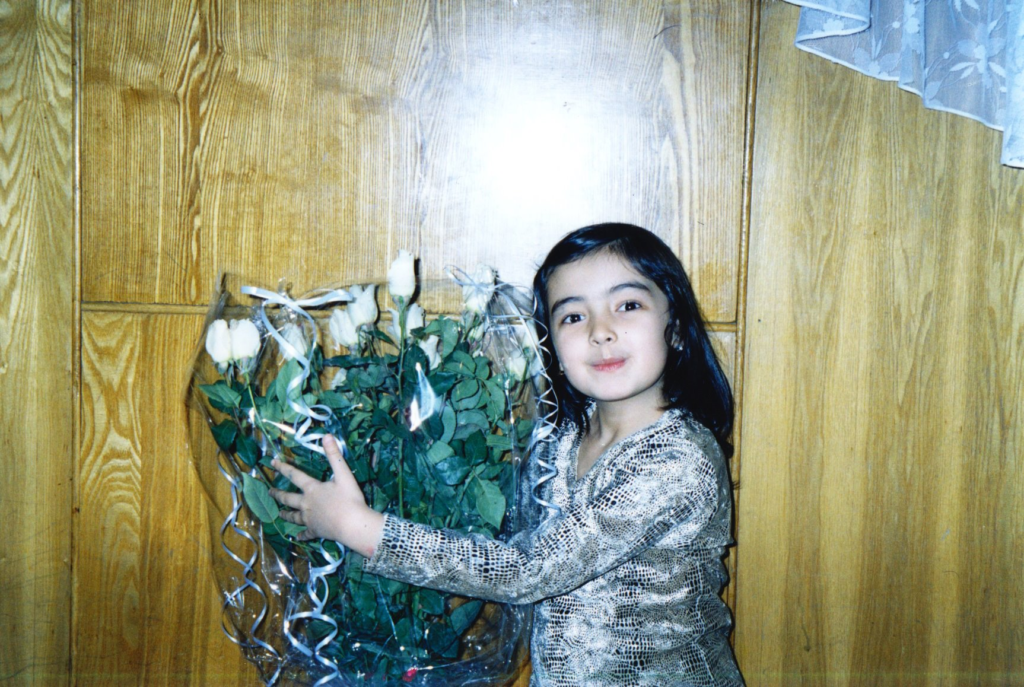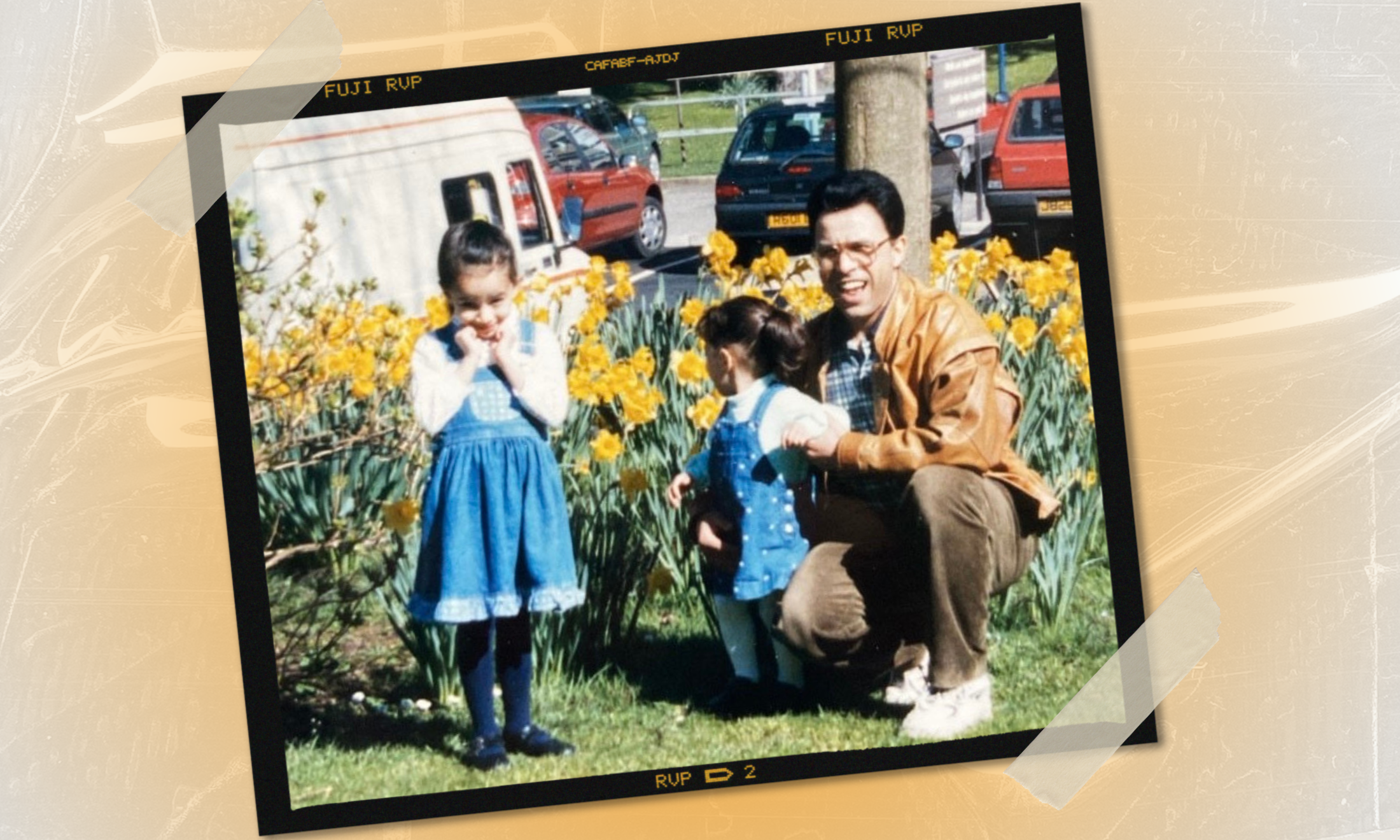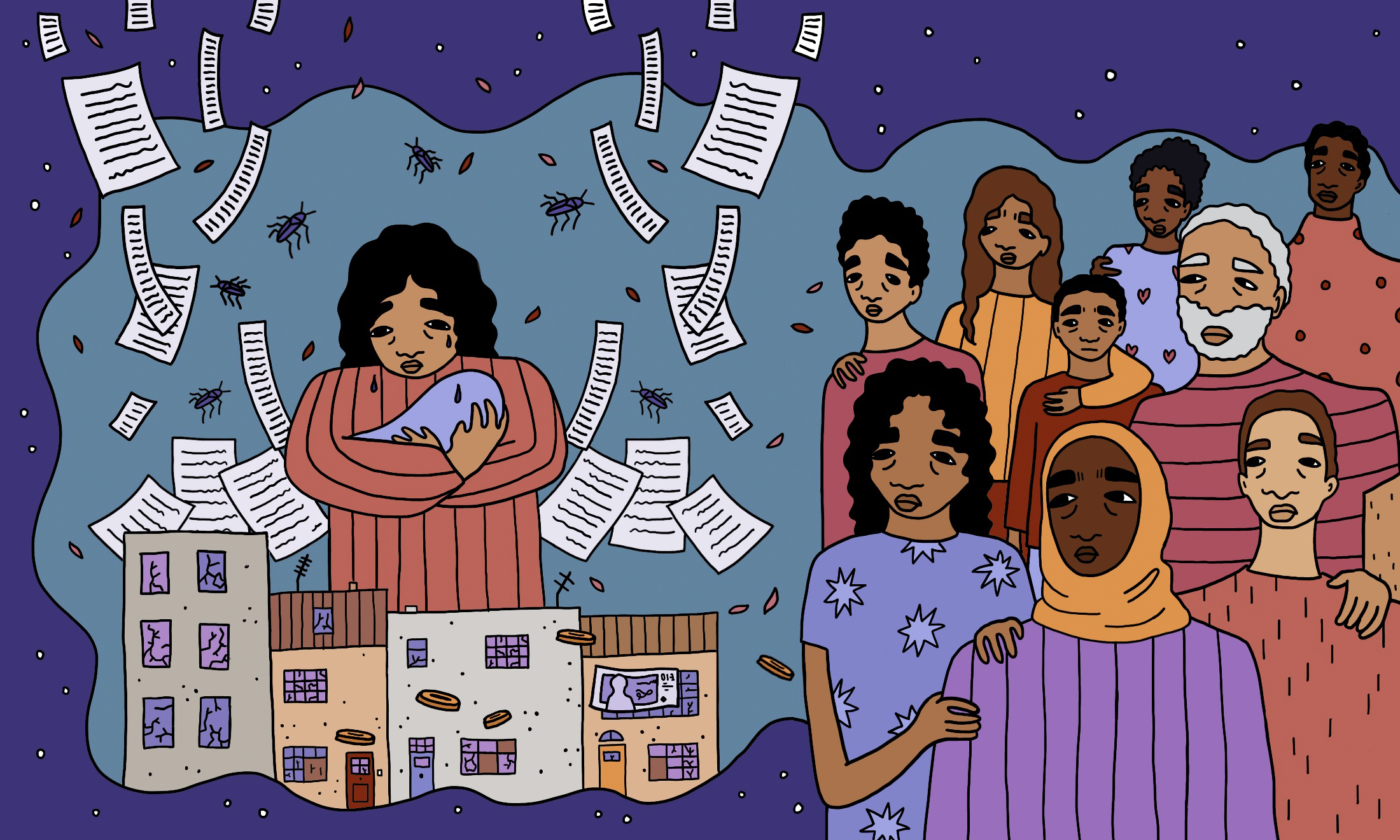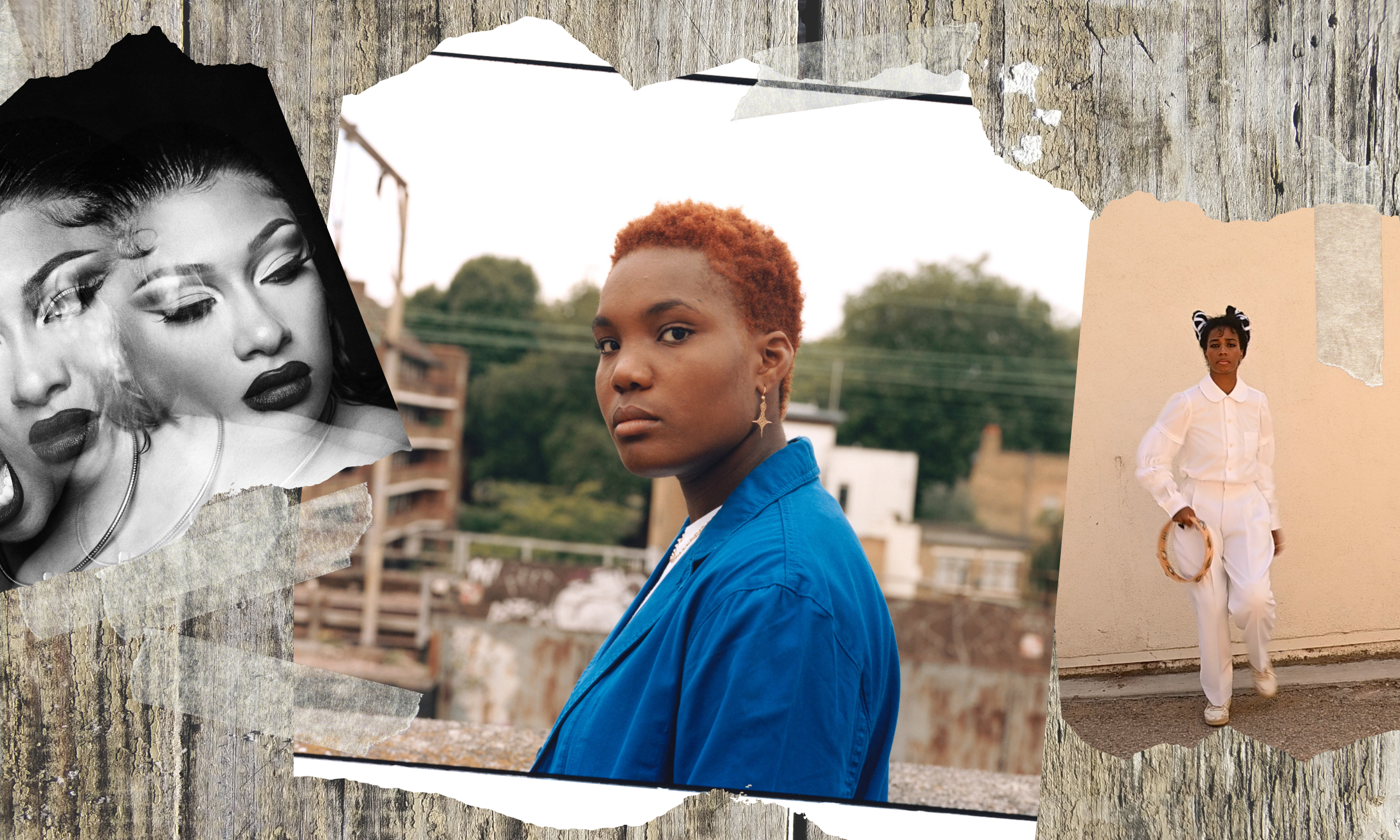
My mental health issues don’t relate to the strength of my faith
How do you find common ground with family when mental health conversations get diverted to ones about religion?
DiyoraShadijanova and Editors
18 Nov 2020
Cw: mentions of suicide, abuse and child abuse
I don’t want to sound dramatic, but I think I’ve been depressed my entire life. When I was born, the nurses panicked that I didn’t cry continuously like normal babies do. They pinched me and I let out a sharp yelp – but that was it. I’m now convinced my emotions were preemptively numbed as a defence mechanism for things to come.
My childhood was like a cool-toned kaleidoscope of sadness. No day was the same. Purple hexagons for the bruises. Blue diamonds for how cold I always felt. Crystal clear triangles reminded me of the giant icicles forming outside my window in the freezing Tashkent winters. Already at the age of six, I had vivid intrusive thoughts of them falling on someone’s head. My kaleidoscope was stiff and it screeched as it turned. The haunting sound following me like a shadow. Even on the good days, it was muted in the background – a reminder that good things don’t last. I still hear it sometimes, like a dog whistle for the mentally ill.
“I felt we shared no common language to discuss mental health in a way that was worthwhile”
Eventually, my mum and I managed to get away from my dad, with a six-hour time difference for extra safety. Once away from danger, some of my trauma thawed but moving to a country where I didn’t speak the language introduced a whole new set of rejection triggers that froze me back up. Girls with names like Pippa and Sophie told me I was weird. And clingy. And not that pretty. Like a cycle, the cracks of loneliness widened and deepened without anyone realising.
At home in London, dinner conversations around mental health were fascinating. “Depression is a western invention”, the adults around me would insist, “mental health issues didn’t seem as severe in the Soviet times – back then people made their own happiness out of nothing”. They weren’t exactly wrong that living in a capitalist, individualistic society contributes to our general disconnection, but looking back, I internalised some of these general discussions and saw them as a dismissal of my personal experience of domestic abuse. After all, my mental health issues didn’t begin on the day we landed at Heathrow. These conversations made me want to talk less.

I felt like other concerns were swept under the heavy rug of religion. No one made the link explicitly, but there was a general understanding that Shaitan (the devil in Islam) targeted the most believing. And so I began to think the voices in my head weren’t a sign of self-hate induced by my crippling self-esteem, but rather an evil spirit whispering into my ear with the aim of guiding me away from Allah. All I needed were a few more surahs to make him disappear. Religion wasn’t enforced upon at home, but it was sometimes used to explain difficult topics no one wanted to dissect.
Eventually, like most depressed teens, I stopped talking altogether. And I was convinced my parents intentionally ignored my cries to favour the supernatural version of events. “Maybe it’s easier for them,” I thought. “Or maybe it’s too painful to confront a much bleaker truth – that there are no devils camped inside my head, just me and my broken neural pathways.” Sadly, I felt we shared no common language to discuss mental health in a way that was worthwhile.
“I blamed religion for my feelings of isolation, but it was just another way internal Islamophobia nestled itself in my 14-year-old body”
It wasn’t until my recent mental breakdown that I realised I got it all wrong. Religion wasn’t used as a tool to suppress conversations around mental health in my family, but rather a communication tool borne out of a lack of a language altogether. When enmeshment and intergenerational trauma are part of your cultural identity, it’s easy to start believing that no one wants to listen to your concerns. Everything feels heavy and the burden of emotional responsibility too often lies on younger members of the family.
My intrusive thoughts became debilitating last year and morphed into something known as Pure O, a type of OCD with no external signs of compulsions. I could no longer leave the house in fear of killing myself or thinking I was a child abuser. Yet it was my mum who pushed me into therapy and it was also my mum who recognised that these thoughts weren’t rooted in reality, but fear.
I have the privilege of having the entire internet, a therapist and years worth of studies into this particular condition to help me understand what’s going on inside my brain. Many before me didn’t. Religious allegory was a way for my family to communicate their personal experiences of depression and anxiety. Not using “the Western terms” I picked up at school didn’t mean they were belittling my experiences, we were just shouting at each other in different tongues while slowly sinking in the same boat.
Now it’s clear to me that I blamed religion for my feelings of isolation, but it was just another way internal Islamophobia nestled itself in my 14-year-old body. I created a narrative in my head that my parents didn’t want to see my pain and blamed it on Shaitan instead. I thought they were “weird” and “too religious”. I was ashamed that they prayed and I didn’t. Like most angsty teens, I demonised my own parents and pushed them even further instead of trying to meet them halfway. They weren’t to know the pain I was in when I never told them how dark and heavy it got.
Some people pray to strengthen their mental health and others deal with things by going to therapy. Some even do both. Just because I felt like my family and I didn’t share the same language when discussing mental health, it doesn’t mean that for them – it doesn’t exist.









